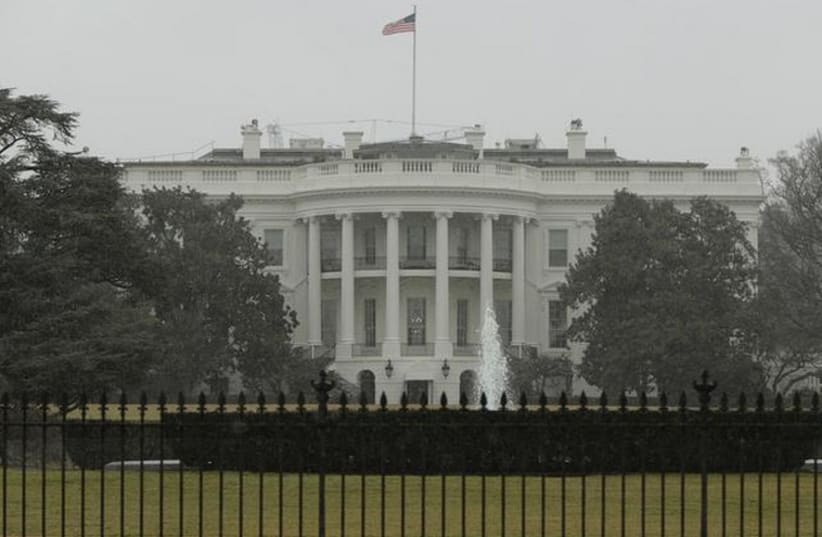Born in 1891 into a prominent New York family, son of Henry Morgenthau Sr., a real estate mogul and diplomat, Henry Jr. graduated in architecture and agriculture from Cornell University and became president F.D. Roosevelt’s Treasury secretary in 1934.
No Jews at Potsdam
